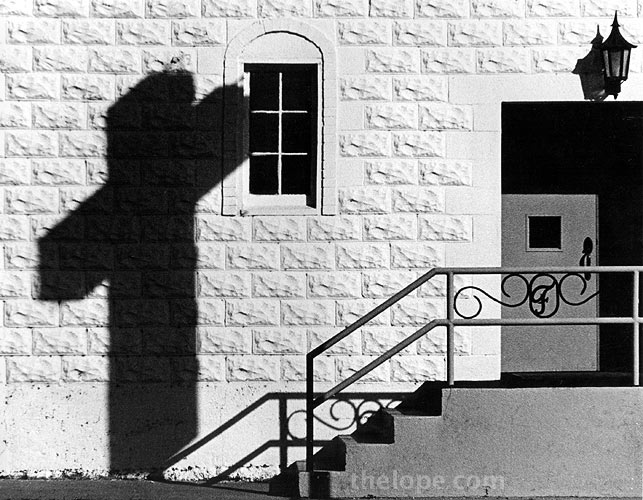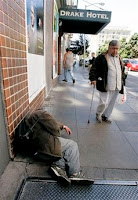At the heart of his 95 theses about what was wrong about the Church were five key conclusions that Luther had gleaned from careful study of the Bible. The basis on which he challenged the Pope's monopoly on salvation now forms the foundation of modern Protestantism, something he never imagined or wanted.
Martin Luther believed that the road to being saved was very different from the path prescribed by the Church, encapsulated by his five core principles:
- The first was sola scriptura — by Scripture alone. The authority of God does not lie in any person, office, building, or institution, but only in the words of the Bible.
- The second was sola fide — by faith alone. You can't buy your way into Heaven (despite what Pope Leo X would've told you). God has no use for money and does not require good works. You get in on your faith, in a transaction that skips the middleman (Rome) entirely.
- The third was sola gratia — by grace alone. This one is my favorite. No one forgives sins but God himself (of course God is beyond gender, but that's another blog) and nothing we do can make us worthy of this forgiveness. The good news is we don't have to do anything. God is merciful and gives us his forgiveness as a free gift.
- The fourth was solus Christus — by Christ alone. This is gift of grace is given through God's son, who died so that we might live. That's how great his love is for us.
- The fifth was soli Deo gloria — glory to God alone. I imagine this one really angered Luther. In his day, the Church held all the power and influence in Europe and was in the process of violently converting the native peoples of Central and South America. The Pope lived opulently. The glory was to the Church...and if there was any left over, God could have that.
It has been 500 years since Martin Luther took his historic stand against the Church. A Protestant branch of Christianity swept the globe, inspired by his theology. A whole new church was named after him. The Catholic Church survived and thrived. It, too, was reformed by the Reformation. Martin Luther became a mythic figure, a champion of intellectual and philosophical rebellion and one of the first men in history to assert his individuality against the hegemonic ideology of his time.
In 1517, Luther saw that the Church was broken and he sought to give it form again. In 2011, our church is also broken. People are leaving in droves. Our stance on social justice issues is largely limited to words and resolutions, but lacks any real action. The stances themselves are deliberately vague to keep from alienating a diverse base of financial support that covers the entire political spectrum. We have trouble practicing what we preach and we get so caught up in the trappings of modern Christianity that we ignore or forget about the meat of our beliefs. We don't question. We don't debate. We don't grow in our faith through serious reflection and discussion. We are stagnant, without form.
We need to re-form our church. We need to give it life again, the same way Martin Luther did. We need the courage to say that the institution is wrong. We need to take a good, hard look at the scriptures and remind ourselves of what we believe. The time has come — time for a new Reformation.




























